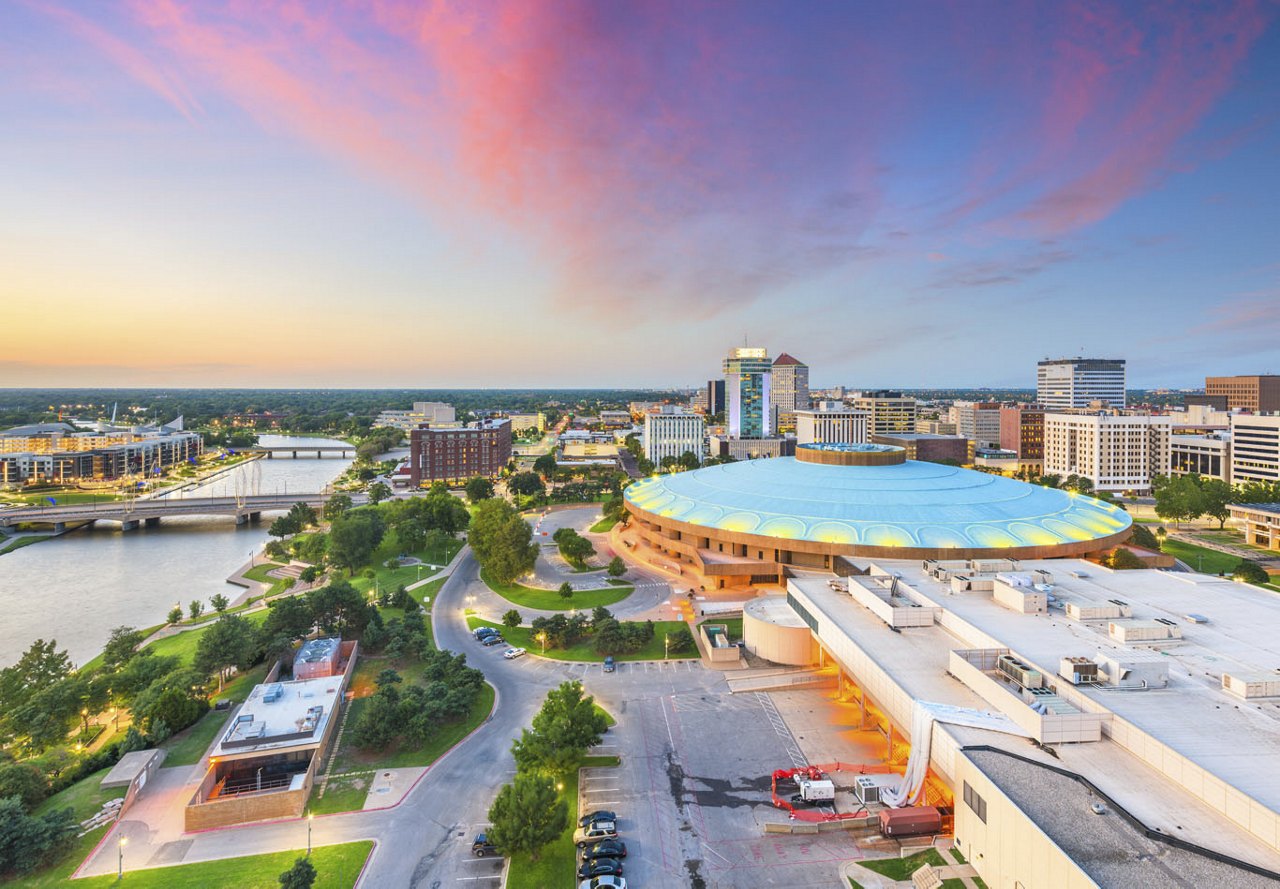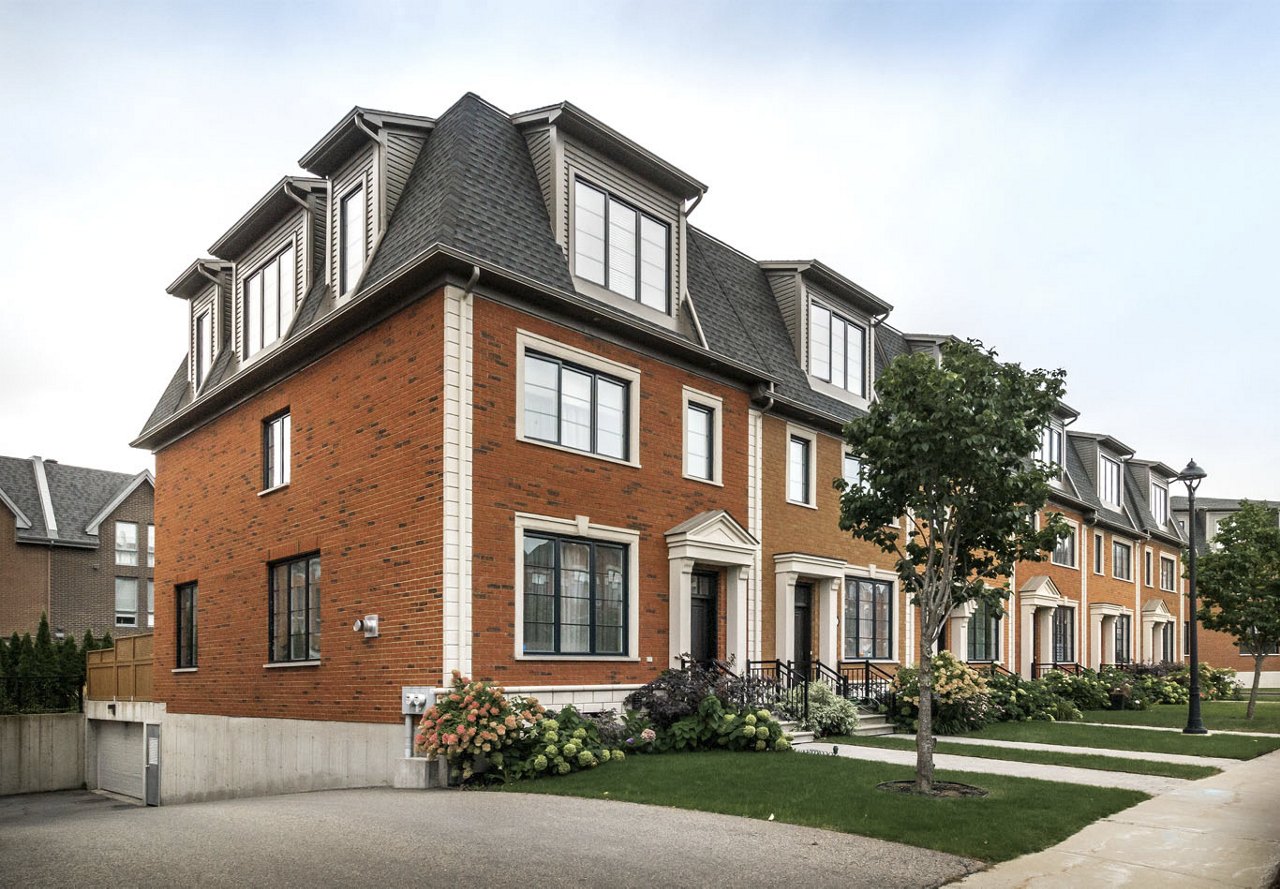U.S. Cities with the Lowest Cost of Living
When searching for a place to call home, cost of living is a factor that’s always high up on the list. Whether you're a recent graduate, a young professional, or someone looking to stretch their dollars further, saving money on your cost of living allows you to use that money in other ways.
And as you do your research on where to live, you may find some cities with a lower cost of living offer everything you’re looking for.
This guide will take you through some of the most budget-friendly cities in the United States. We’ll discuss what makes a city economical and how you can find the best housing options in these locations.
What Determines a City's Cost of Living?
Before diving into specific cities, learn about the factors that contribute to a low cost of living:
- Housing: Rent and home prices are often the most significant expenses in any budget and are probably what you think of first when considering the cost of living.
- Utilities: The cost of electricity, water, and internet can vary significantly between cities.
- Transportation: Public transit options and gas prices play a role in overall expenses.
- Food and Groceries: Local food costs can impact your daily spending, whether it’s restaurant dining or grocery shopping. These costs vary from city to city as well.
- Healthcare: Medical expenses and insurance rates differ across regions.
- Taxes: State and local tax rates affect your take-home pay and overall costs.
Top U.S. Cities with the Lowest Cost of Living
We’ve compiled a list of U.S. cities where your dollar can stretch further. The standout locations below combine low living costs with unique attractions and opportunities.1. Buffalo, New York: This historic city has a growing population and a diverse economy. Buffalo offers a high quality of life at a fraction of the cost of nearby cities, while also providing proximity to natural wonders like Niagara Falls.
- Average Rents:
- Studio: $700-900
- 1 Bedroom: $850-1,100
- 2 Bedroom: $1,000-1,400
- Check out Monarch 716 in Buffalo, NY.
2. Wichita, Kansas: As the largest city in Kansas, Wichita combines urban amenities with small-town charm. The aerospace industry provides numerous job opportunities and housing costs remain notably low.
- Average Rents:
- Studio: $600-800
- 1 Bedroom: $700-950
- 2 Bedroom: $850-1,200
- Take a look at Parc at 21st & Rock.
3. Albuquerque, New Mexico: Residents of Albuquerque enjoy a blend of cultures and stunning southwest landscapes. The city's economy is bolstered by industries like technology and healthcare.
- Average Rents:
- Studio: $700-900
- 1 Bedroom: $800-1,100
- 2 Bedroom: $1,000-1,400
- View Desert Creek Apartments and Union 505 Apartments.
4. Tulsa, Oklahoma: Tulsa's initiatives to attract remote workers have put it on the map for those seeking a low-cost city with a growing tech scene. The city's Art Deco architecture and growing tech scene make it an appealing option for many.
- Average Rents:
- Studio: $600-800
- 1 Bedroom: $750-1,000
- 2 Bedroom: $900-1,300
- Learn more about Cascades at Southern Hills and Coventry Park.
5. Boise, Idaho: While Boise has seen growth in recent years, it still maintains a lower cost of living compared to many Western cities. Its outdoor recreational opportunities and growing tech sector attract growing families and young professionals.
- Average Rents:
- Studio: $900-1,200
- 1 Bedroom: $1,100-1,500
- 2 Bedroom: $1,400-1,800
- Browse the Reedhouse Apartments.
These rent price ranges are approximate. For a closer look at rent prices per city and by size, visit our Average Rent Prices Across the U.S. blog.
Finding the Right Housing in Low-Cost Cities
Seeing the full potential of a budget-friendly city goes beyond comparing rent. Here are some tips to help you in your search:1. Research Neighborhoods: Each city has its own unique neighborhoods. Some may offer lower costs but might be farther from amenities or job centers.
2. Consider Transportation Costs: Paying slightly higher rent in a walkable area or near public transit could save you money overall by reducing transportation expenses.
3. Look for Newer Developments: In many low-cost cities, newer apartment complexes offer modern amenities at competitive prices.
4. Explore Different Housing Types: From apartments to townhouses, different housing types can offer varying levels of value.
5. Use Reputable Property Management Companies: Greystar offers a wide range of options in many low-cost cities, ensuring quality and reliability in your housing choice.
Making the Most of Low-Cost Living
Moving to a city with a lower cost of living can provide numerous benefits:1.Increased Savings: With lower expenses, you can allocate more of your income to savings or investments.
2. Better Quality of Life: Lower costs often mean less financial stress and more disposable income for leisure activities.
3. Entrepreneurial Opportunities: A lower cost of living can make it easier to start a business or pursue freelance work.
4. Work-Life Balance: In many of these cities, shorter commute times and less expensive entertainment options can lead to a better work-life balance.
Challenges to Consider
While the benefits of living in a low-cost city will save you money, it's important to consider potential challenges. Cultural offerings might be less diverse, with smaller cities often having fewer events, dining options, or entertainment venues compared to larger metros.Climate is another crucial factor to research; some budget-friendly locations may have extreme weather conditions that not everyone enjoys.
Lastly, as these low-cost gems attract more residents, many are experiencing rapid growth. This influx can lead to changing community dynamics and, ironically, rising costs over time.
Greystar offers quality living spaces in many low-cost cities. By carefully considering your options and doing thorough research, you can find a city that not only fits your budget but also provides the lifestyle and opportunities you're seeking. If you’re looking to move, browse Greystar apartments to see what’s available to you.
The information presented on or through this Website is made available solely for general information purposes. We do not warrant the accuracy, completeness, or usefulness of this information. Any reliance you place on such information is strictly at your own risk. We disclaim all liability and responsibility arising from any reliance placed on such materials by you or any other visitor to this Website, or by anyone who may be informed of any of its contents. Any reference to amenities, services, rules, policies, or procedures at a Greystar apartment community is general in nature, and each Greystar apartment community may have amenities, services, rules, policies, and procedures that differ from those referenced on this Website. Please consult with your Greystar apartment community for the exact amenities, services, rules, policies, or procedures applicable.
This Website may include content provided by third parties, including materials provided by other users, bloggers, and third-party licensors, syndicators, aggregators, and/or reporting services. All statements and/or opinions expressed in these materials, and all articles and responses to questions and other content, other than the content provided by Greystar, are solely the opinions and the responsibility of the person or entity providing those materials. These materials do not necessarily reflect the opinion of Greystar. We are not responsible, or liable to you or any third party, for the content or accuracy of any materials provided by any third parties.








